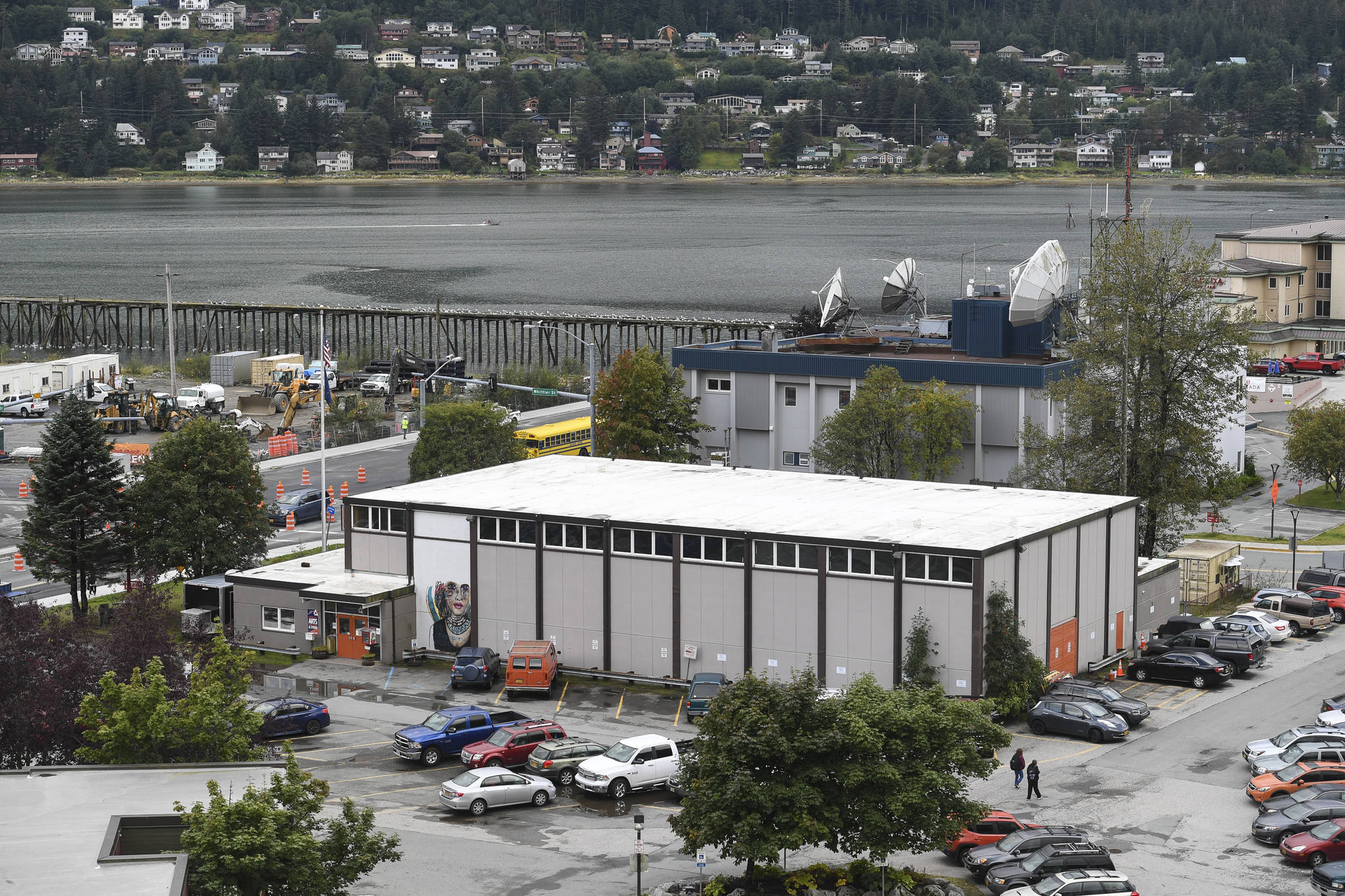Everyone with an opinion seems to recognize Juneau needs a real performing arts center. It’s a matter of how much, if anything, taxpayers should contribute to a new JACC. But even though we’re being asked to advise the Assembly on a monetary question, as in all art, there’s more on the ballot than what readily meets the eye.
“Communities worldwide are remembered and defined by their cultural and artistic monuments,” Dave Hunsaker wrote when arguing in favor of City and Borough of Juneau funding for the project. He referenced “the soaring spires of an Italian Renaissance palace or the soaring clan poles of a traditional Tlingit village,” both inspiring works of art that stand as uniquely local defenses of the arts themselves.
There’s a corollary to Hunsaker’s observation that I want to explore. What kind of community doesn’t support an enduring presence of the arts? The first that comes to mind is the communist state.
Now before anyone gets too excited, I’m not suggesting that a vote against public funds being spent on the new JACC in any way equates to the censorship of art and literature in the Soviet Union. Rather, it’s an example that offers insights into how strict adherence to any kind of ideology or doctrine interferes with artistic freedom.
The following is an excerpt from the “Revelations from the Russian Archives” exhibition at the Library of Congress.
“Vladimir Lenin believed that literature and art could be exploited for ideological and political as well as educational purposes. As a result, the party rapidly established control over print and electronic media, book publishing and distribution, bookstores and libraries, and it created or abolished newspapers and periodicals at will.
“Communist Party ideology influenced the creative process from the moment of artistic inspiration. The party, in effect, served as the artist’s Muse. In 1932 the party established socialist realism as the only acceptable aesthetic — measuring merit by the degree to which a work contributed to building socialism among the masses. The Union of Writers was created the same year to harness writers to the Marxist-Leninist cause.”
What happened to the writers and artists who resisted the Soviet demand that art conform to its central political goals? Those who publicly dissented were imprisoned or exiled. The rest went underground with their work. And until the freedom of expression was revived by the policy of glasnost in the 1980s, local art ceased to exist in the square of public consciousness.
Art in America was never subjected to such radical political forces. Indeed, our federal government recognized that it was “primarily a matter for private and local initiative.” And that although “no government can call a great artist or scholar into existence,” it could “help create and sustain not only a climate encouraging freedom of thought, imagination, and inquiry but also the material conditions facilitating the release of this creative talent.”
Congress further believed that American democracy, and the nation’s role as a world leader, “cannot rest solely upon superior power, wealth, and technology, but must be solidly founded upon worldwide respect and admiration for the Nation’s high qualities as a leader in the realm of ideas and of the spirit.”
These ideals served as the basis for the 1965 congressional act which established the National Foundation on the Arts and Humanities. And to the rest of the world, they helped to distinguish American culture from the cold-hearted repressions of the soviet state.
Now I’m not going to defend the controversial artwork sponsored under NEA grants, some of which I found utterly tasteless. But those exceptional cases aren’t justification for eliminating an agency which has more generally fulfilled its prime objectives.
But my main point is political ideology is already challenging the integrity of artist freedom in America. Artists, writers and actors behind the advertisements for consumer good and mass marketing campaigns not only get paid more than local painters, playwrights and stage performers. Their creative talents are being harnessed to further profits and the ideals of an unrestrained capitalist market.
Local art serves the higher purpose of nurturing a community’s cultural health and independent spirit. To fulfill our side of that bargain, we need to provide a quality home that enhances artistic freedom. That’s why I voted yes on Proposition 3.
• Rich Moniak is a Juneau resident and retired civil engineer with more than 25 years of experience working in the public sector. He contributes a weekly “My Turn” to the Juneau Empire. My Turns and Letters to the Editor represent the view of the author, not the view of the Juneau Empire.

